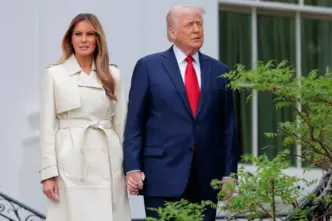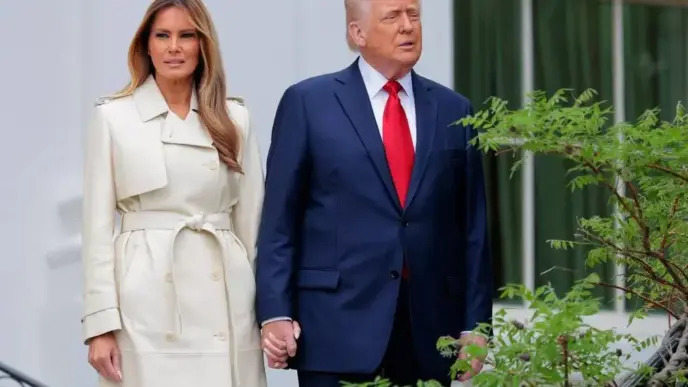Starting this July, producers of traditional spirits with Geographic Indication (GI) status—like Scotch whisky and Somerset Cider Brandy—will see a dramatic drop in licensing fees, thanks to a major overhaul in the UK’s tax regulations.
Currently, spirit producers must pay up to £11,410 every two years for official verification. However, under the new rules, they’ll only be required to pay a flat fee of £250 every two years until June 30, 2031—representing savings of up to 95%.
GI status is granted to products tied to a specific region and method of production. Such as Yorkshire Wensleydale cheese, Melton Mowbray pork pies, and Cornish pasties. This status protects the heritage and integrity of these goods, ensuring only genuine items bear the name.
James Murray, Exchequer Secretary to the Treasury, stated: “We’re cutting bureaucracy and lowering costs for UK spirit producers, helping them compete globally and keeping more money in their pockets. This is a win for British industry and our economy.”
The new fee structure will guarantee a minimum 45% reduction for all GI-registered businesses, with the average Scotch whisky producer expected to save around £14,700 between now and 2031. These fees fund inspections that confirm compliance with production standards, shielding the industry from counterfeit competition.
Only officially verified products will be permitted to use protected GI names, reinforcing trust in the authenticity of these iconic brands.
Mark Kent, CEO of the Scotch Whisky Association, applauded the move: “This update to the Spirit Drinks Verification Scheme is long overdue. For years, Scotch whisky producers have borne disproportionate costs. Aligning the fees with those paid by other UK manufacturers finally corrects this imbalance.”
The decision is especially welcomed by the industry after previous challenges such as the 10% tariff imposed by former U.S. President Donald Trump on imported UK goods. The U.S. remains a key market for Scotch whisky, contributing £971 million in exports in 2024 alone.
This change forms part of a broader initiative aimed at simplifying the UK’s tax and customs system, with more details expected in a forthcoming government announcement on Monday.















